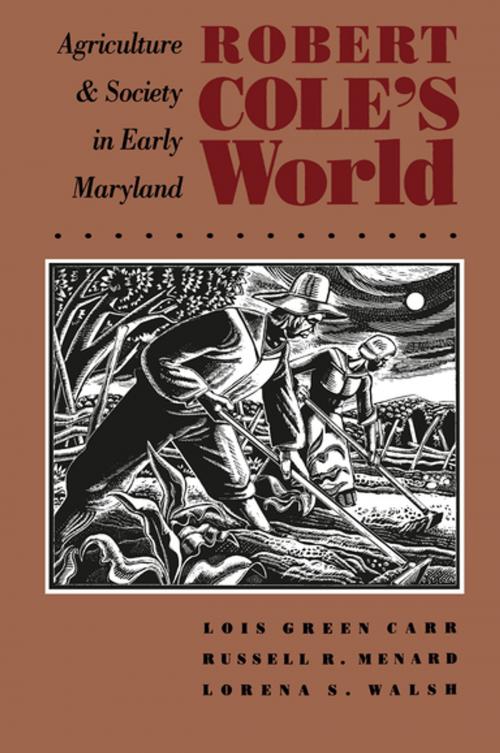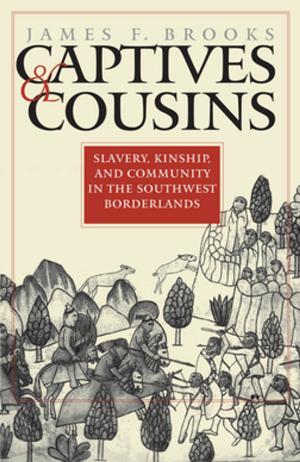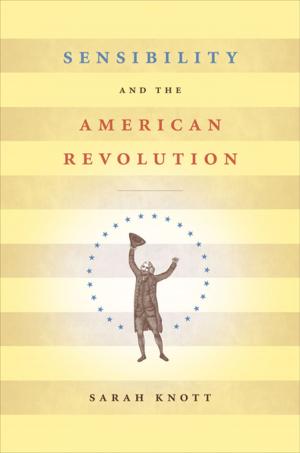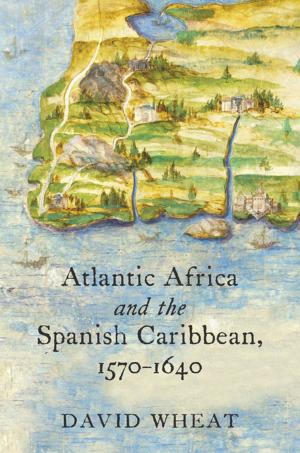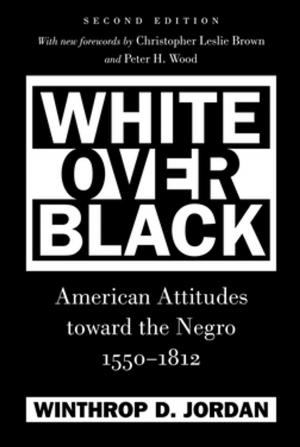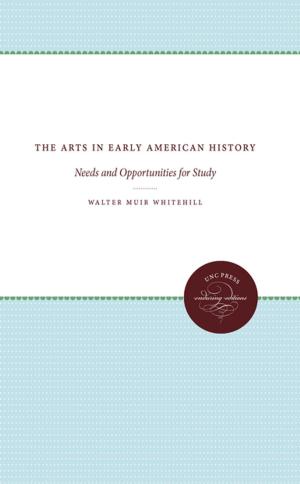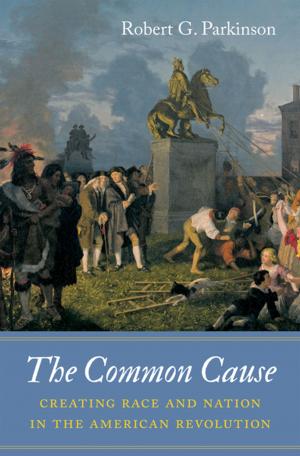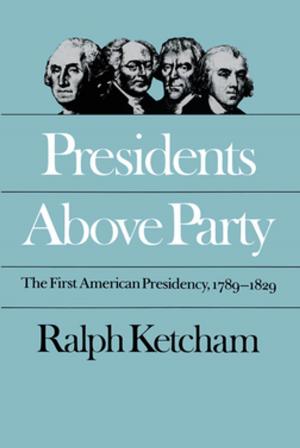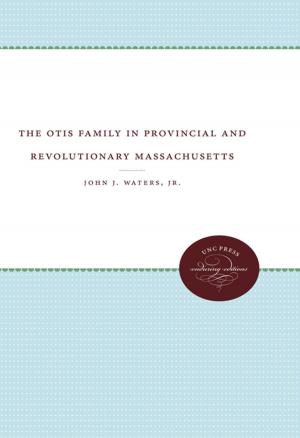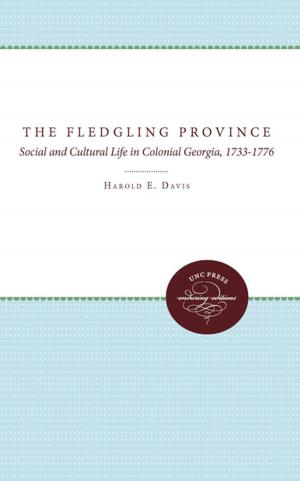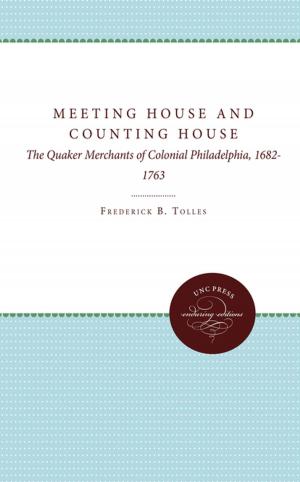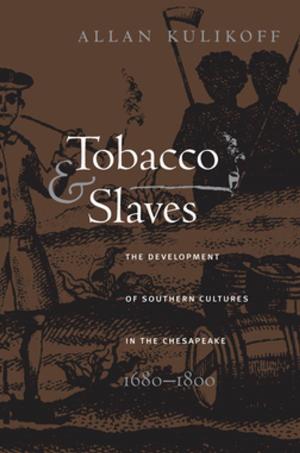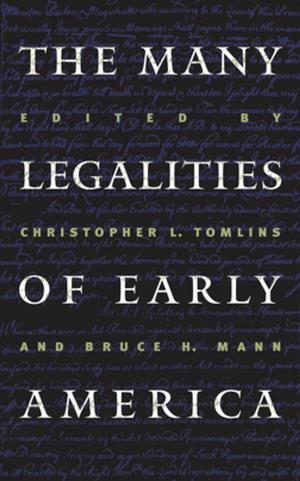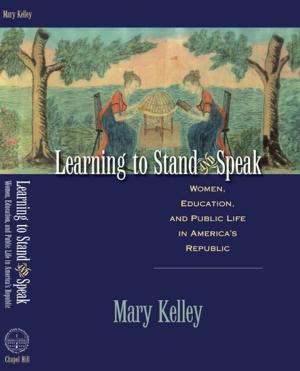Robert Cole's World
Agriculture and Society in Early Maryland
Nonfiction, History, Americas, United States, Colonial Period (1600-1775)| Author: | Lois Green Carr, Russell R. Menard, Lorena S. Walsh | ISBN: | 9781469600130 |
| Publisher: | Omohundro Institute and University of North Carolina Press | Publication: | March 1, 2017 |
| Imprint: | Omohundro Institute and University of North Carolina Press | Language: | English |
| Author: | Lois Green Carr, Russell R. Menard, Lorena S. Walsh |
| ISBN: | 9781469600130 |
| Publisher: | Omohundro Institute and University of North Carolina Press |
| Publication: | March 1, 2017 |
| Imprint: | Omohundro Institute and University of North Carolina Press |
| Language: | English |
In 1652 Robert Cole, an English Catholic, moved with his family and servants to St. Mary's County, Maryland. Using this family's story as a case study, the authors of Robert Cole's World provide an intimate portrait of the social and economic life of a middling planter in the seveneenth-century Chesapeake, including work routines and agricultural techniques, the upbringing of children, neighborhood relationships and community formation, and the role of religion.
The Cole Plantation account, a record that details what the plantation produced, consumed, purchased, and sold over a twelve-year period, is the only known surviving document of its kind for seventeenth-century British America. Along with Cole's will, it serves as the framework around which the authors build their analysis. Drawing on these and other records, they present Cole as an exemplar of the ordinary planter whose success created the capital base for the slave-based plantation society of the eighteenth century.
In 1652 Robert Cole, an English Catholic, moved with his family and servants to St. Mary's County, Maryland. Using this family's story as a case study, the authors of Robert Cole's World provide an intimate portrait of the social and economic life of a middling planter in the seveneenth-century Chesapeake, including work routines and agricultural techniques, the upbringing of children, neighborhood relationships and community formation, and the role of religion.
The Cole Plantation account, a record that details what the plantation produced, consumed, purchased, and sold over a twelve-year period, is the only known surviving document of its kind for seventeenth-century British America. Along with Cole's will, it serves as the framework around which the authors build their analysis. Drawing on these and other records, they present Cole as an exemplar of the ordinary planter whose success created the capital base for the slave-based plantation society of the eighteenth century.
